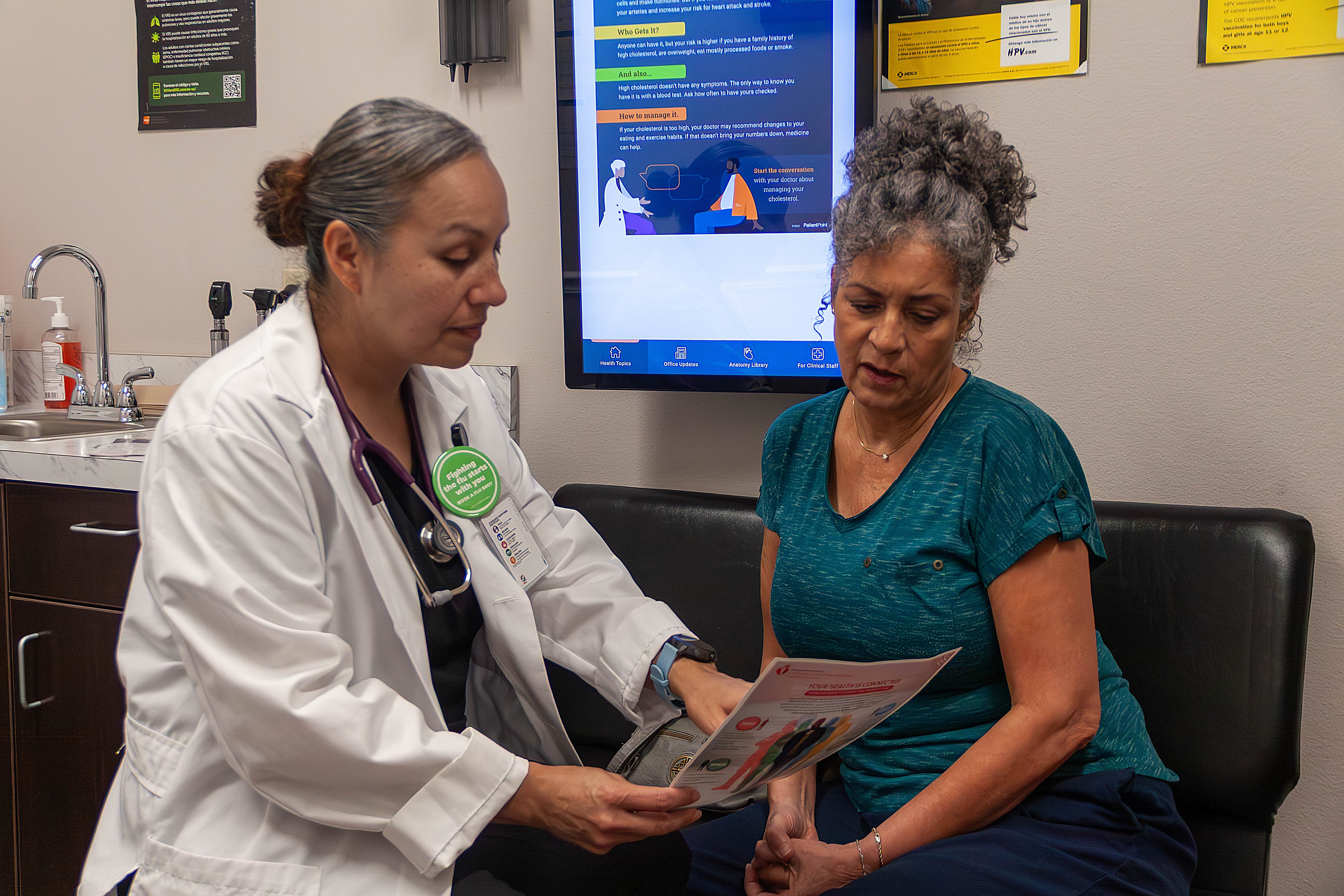Survey Reveals Widespread Lack of Awareness About CKM Syndrome Affecting Nearly 90% of U.S. Adults

Summary
Full Article
A new survey from the American Heart Association reveals that approximately 9 in 10 U.S. adults have not heard of cardiovascular-kidney-metabolic syndrome, despite the condition affecting nearly 90% of the adult population. CKM syndrome represents a newly defined health condition that encompasses heart disease, kidney disease, diabetes, and obesity, with the interplay of these risk factors significantly increasing the likelihood of heart attack, stroke, and heart failure more than any single condition alone.
The survey conducted by The Harris Poll in August 2025 among 4,007 U.S. adults found that 79% of respondents agreed it was important to understand more about CKM health, while 72% expressed interest in learning more about the condition. People showed the most interest in understanding how CKM syndrome is treated (72%) and diagnosed (71%), indicating a strong public desire for actionable health information.
Dr. Eduardo Sanchez, the American Heart Association's chief medical officer for prevention, emphasized the significance of these findings. "We want people to know that it's really common to have heart, kidney and metabolic risk factors at the same time. It is reassuring that once the CKM connection was defined nearly three-quarters of those responding understood that it was important and wanted to learn more," Sanchez stated.
The survey revealed concerning misconceptions about health management, with 68% of U.S. adults incorrectly believing it's best to manage individual conditions one at a time or being unsure of the best management approach. Additionally, 42% believed that a healthy heart would not likely be damaged by other organ systems or weren't certain about this connection. These findings highlight the critical need for public education about the interconnected nature of these health systems.
CKM health encompasses the heart, kidneys, and metabolic system, which is responsible for creating, using, and storing energy while affecting weight and blood glucose levels. These systems function together, and when one system performs poorly, it can negatively impact the others, creating a cycle that puts overall health at serious risk. The American Heart Association will issue the first ever guidelines on CKM syndrome in early 2026.
The American Heart Association's CKM Health Initiative is providing educational resources through their website to help people understand how heart, kidney, and metabolic health are connected and take early action to prevent heart attack, heart failure, or stroke. The Association is also working with healthcare teams across the country to improve collaboration among health care professionals who care for patients living with multiple health conditions.
For most individuals, CKM syndrome is reversible with changes to eating patterns, physical activity, and appropriate treatment. Regular monitoring of blood pressure, cholesterol, weight, blood sugar, and kidney function represents a practical approach to managing overall CKM health. The condition's reversibility offers hope for millions of Americans who may be affected without realizing their interconnected health risks.
The implications of this widespread lack of awareness are substantial for public health systems, healthcare providers, and individuals. With nearly 90% of U.S. adults having at least one risk factor for CKM syndrome, the potential impact on healthcare costs, workforce productivity, and quality of life is enormous. The coordinated approach to treatment that Sanchez advocates could lead to more effective prevention strategies and better health outcomes nationwide.

This story is based on an article that was registered on the blockchain. The original source content used for this article is located at NewMediaWire
Article Control ID: 257793